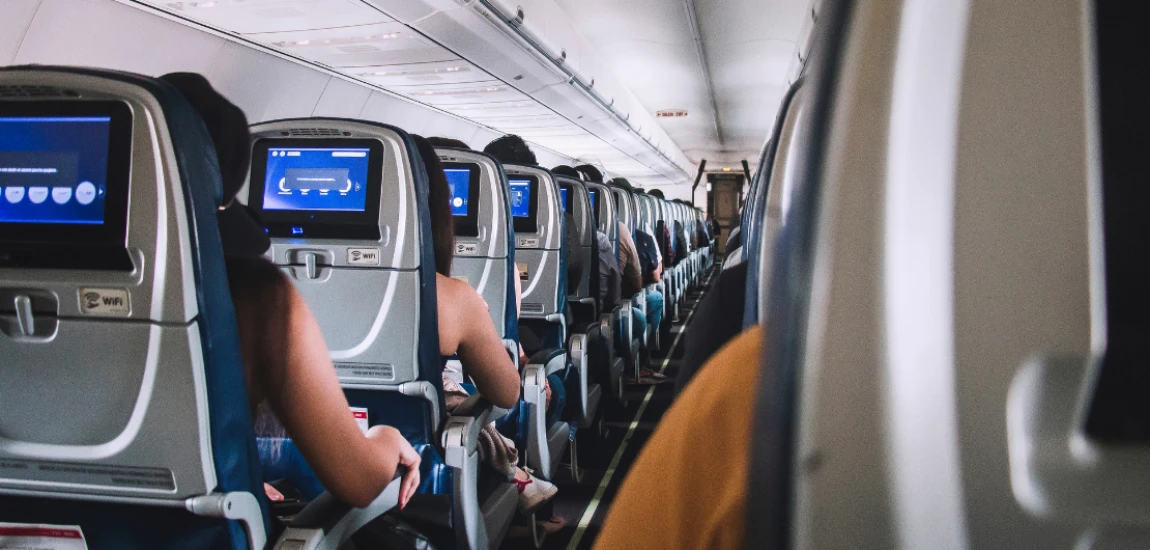
When it comes to air travel, especially on long-haul international flights, the debate between Business Class vs Premium Economy is a persistent one. For frequent flyers and occasional vacationers alike, understanding the precise value behind each class of service goes far beyond generic assumptions of comfort. Instead, the decision should be based on measurable factors like seat dimensions, service standards, sleep quality, airport access, and actual cost differentials.
To put this comparison into perspective, consider this: on a typical long-haul flight from New York to London, the price for a Premium Economy ticket averages around $1,200–$1,500 round trip. In contrast, Business Class on the same route may range from $3,500 to $6,000 or more. That’s at least 3x to 5x the cost. But is it 3x to 5x the value?
This post takes a factual approach to the comparison. Rather than leaning on general comfort or prestige, we’ll examine what you’re actually getting with that upgrade—broken down into seat specs, sleep quality, cabin service, airport perks, in-flight amenities, and of course, pricing and loyalty value. By the end, you’ll have a clearer understanding of whether Business Class is worth the extra cost compared to Premium Economy, depending on your travel goals.
Let’s explore this comparison based on facts, not perceptions, to make a financially and experientially sound decision the next time you're booking a flight.
One of the most defining aspects of any airline class is the seat itself, and here the difference between Business Class and Premium Economy is quantifiably significant.
Seat Pitch (legroom): 38 to 42 inches
Seat Width: 18 to 20 inches
Recline: 6 to 10 inches
Layout: 2-3-2 or 2-4-2 on wide-body aircraft
Seat Pitch: 55 to 78 inches (lie-flat beds)
Seat Width: 21 to 27 inches
Recline: 180 degrees (fully flat)
Layout: 1-2-1 or 2-2-2, often with direct aisle access
Let’s take Qatar Airways as a case study. On their Boeing 777, Premium Economy offers adjustable footrests, a wide recliner seat, and upgraded cushioning. In Business Class (Qsuite), you’re getting a fully enclosed suite with a lie-flat bed, privacy doors, and customizable lighting.
On longer flights—anything over 6 hours—the ability to lie flat rather than sleep at an incline becomes more than a luxury; it’s a health and productivity tool. Studies show that poor posture during prolonged sitting can lead to reduced circulation, back pain, and poor sleep, all of which are minimized in lie-flat Business Class pods.
Meanwhile, Premium Economy, while offering much more than Economy, still does not allow horizontal sleeping. For travelers with back issues, tight schedules, or jet lag concerns, this can be a deal-breaker.
Verdict: If you’re under 6 hours in the air, Premium Economy offers enough space to feel a world apart from Economy. But on ultra-long-haul flights, the seat advantage of Business Class is undeniable and factually measurable in comfort, posture, and rest.
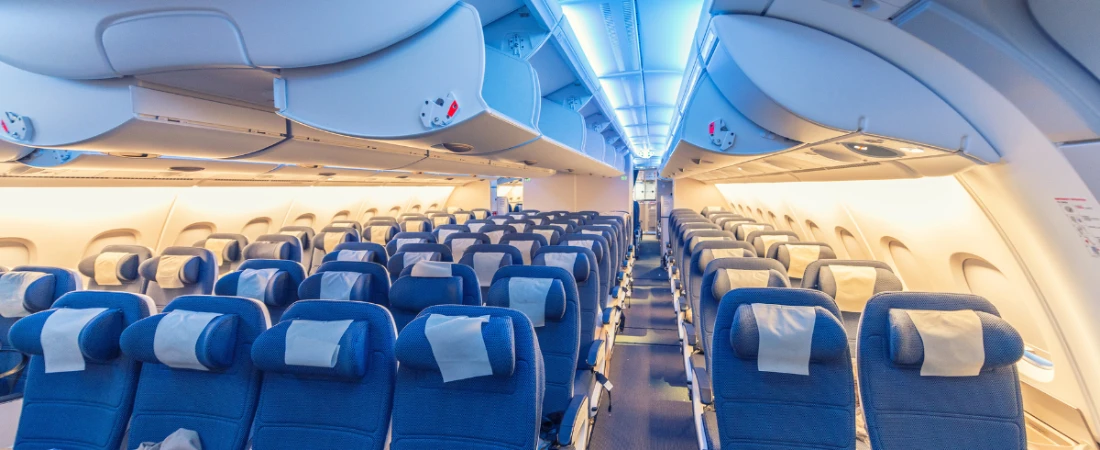
Another fundamental differentiator is the cabin service and onboard dining. While Premium Economy provides a noticeable upgrade from standard Economy, Business Class delivers a restaurant-style dining experience backed by premium beverages and personalized service.
Enhanced meal (often plated, not tray-packed)
Welcome drinks (usually non-alcoholic or limited alcohol)
Higher quality tableware and cutlery
Better snacks than Economy
Shared cabin crew (not always dedicated)
À la carte dining with multiple courses
Champagne or cocktails on boarding
Premium wines, barista-style coffee, curated dessert menus
Personal tray setup with linens
Often a dedicated crew-to-passenger ratio of 1:8 or better
For example, Singapore Airlines offers Premium Economy passengers a pre-order option for their "Book the Cook" meals—but Business Class expands this to custom timing, extensive menu selection, and chef-designed dishes.
Furthermore, the service approach is starkly different. Business Class cabins are structured for personalized interaction, often including your name being used, personalized greetings, and proactive care. Premium Economy may feel like a refined Economy, but it lacks that attentive luxury feel.
On long flights, meal pacing also matters. In Business Class, you can eat when you want, whereas Premium Economy sticks to fixed meal times.
Verdict: If meal quality, wine lists, or personalized service are important to your travel experience, Business Class is the clear winner. Premium Economy is a solid step up, but far from gourmet.
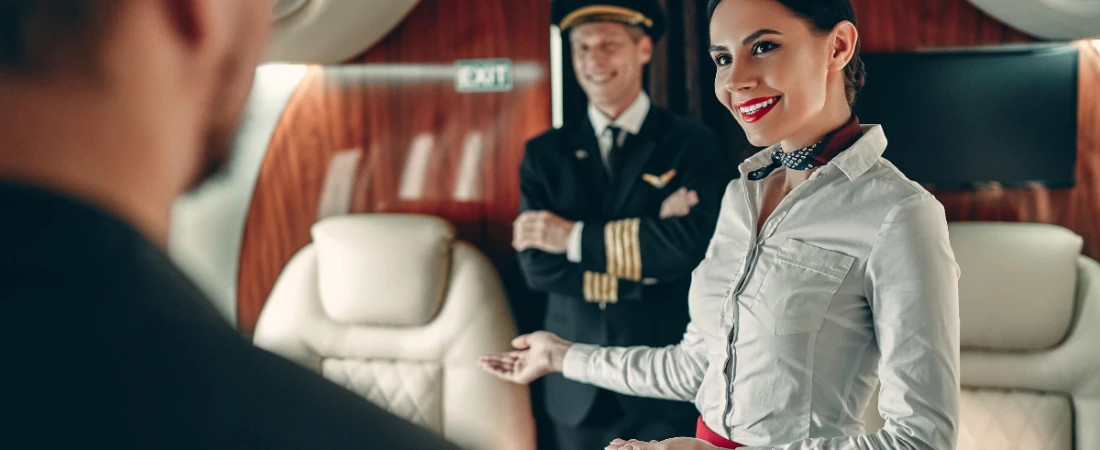
Much of the premium travel experience starts before you ever board the plane, and here the gap between Business Class and Premium Economy becomes even more evident.
Dedicated check-in counter (on most airlines)
Priority boarding (after Business and First Class)
Slightly faster baggage delivery
Occasionally, access to “quiet zones” in the terminal (but not lounges)
No lounge access unless paid or via status
Dedicated priority check-in counters
Fast-track security and immigration lanes
Complimentary lounge access, often with showers, hot meals, and quiet zones
Priority boarding, usually Group 1
Priority baggage handling
Premium Economy passengers enjoy faster check-in but still navigate the general terminal. Business Class flyers access exclusive Lufthansa lounges with sleeping pods, gourmet buffets, and private work zones.
Another significant benefit is fast-track immigration. On long-haul flights where queues can last 45 minutes or more, Business Class travelers often breeze through in under 10 minutes, which is especially valuable in transit-heavy airports like Doha, Heathrow, or JFK.
For business travelers or tight connections, this isn't just a luxury—it's a time-saving essential. Arriving refreshed after using a shower suite and sipping espresso in a quiet lounge is a completely different experience than wandering a noisy terminal looking for a power outlet.
Verdict: The airport experience alone may justify the Business Class price on long or complicated travel days. Premium Economy starts your journey smoother than Economy, but Business Class feels almost like a pre-flight hotel suite.
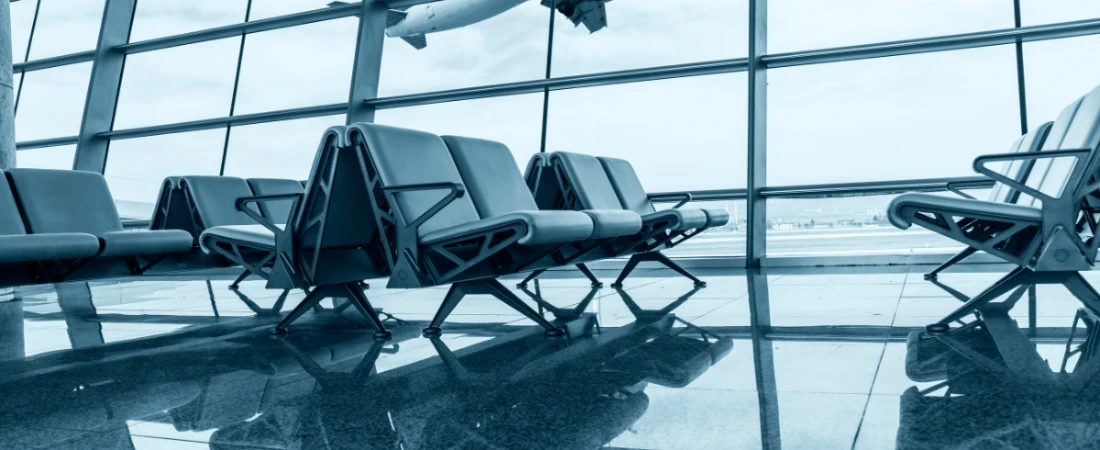
Let’s get to the core of the decision: is Business Class worth the steep price jump over Premium Economy?
NY to London:
Premium Economy: $1,200–$1,500
Business Class: $3,500–$6,000
LA to Tokyo:
Premium Economy: $1,800–$2,200
Business Class: $5,000–$8,000
Full flat bed = better sleep and reduced jet lag
Lounge access (can cost $75–$150 separately)
Priority check-in/security (time = money)
Premium meals and open bar (up to $200 worth onboard)
Better loyalty status earning (up to 200% more miles)
Privacy and service, hard to quantify but high satisfaction
According to Skytrax and SeatGuru, customer satisfaction for Business Class scores 9/10 on average, while Premium Economy usually scores 6.5–7.5/10. In customer reviews, Business Class passengers are significantly more likely to recommend the experience, citing rest and recovery as the top reasons.
However, if your flight is under 8 hours, and you’re able to rest without needing to lie flat, the cost of Business Class may outweigh its benefits. Premium Economy still offers dignity, decent food, and priority treatment without destroying your travel budget.
Travel hackers and frequent flyers often use points or miles to “buy up” to Business Class at steep discounts, making the upgrade vastly more affordable. For cash buyers, Premium Economy represents better price-to-comfort ratio, while Business Class delivers a luxury product at a luxury price.
Verdict: Business Class is worth it if you value sleep, productivity, and full-service luxury. Premium Economy is the sweet spot for elevated comfort on a budget.
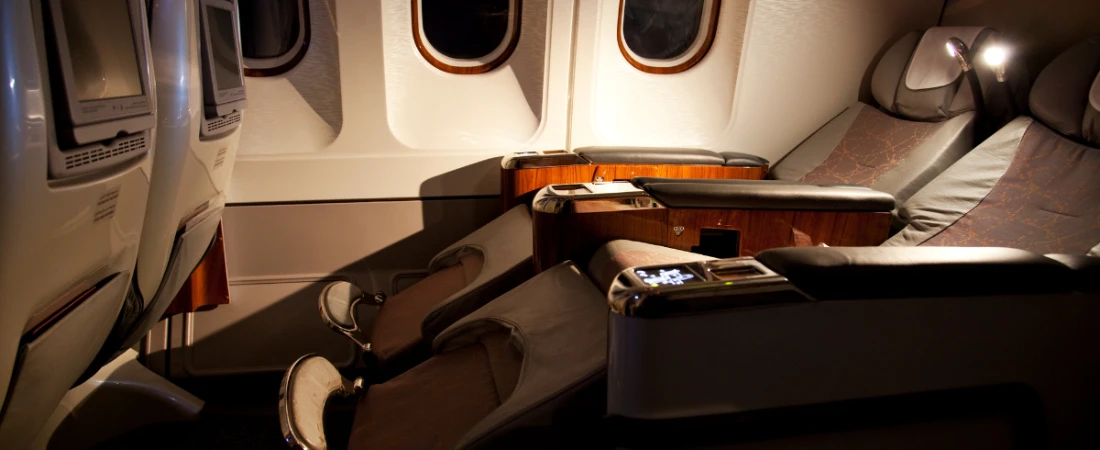
The facts are clear: Business Class and Premium Economy are not mere steps on a linear scale. They serve distinctly different traveler profiles and needs. Whether the upgrade is “worth it” depends on the context of your travel, your budget, your physical needs, and your time sensitivity.
Choose Business Class If:
Your flight is over 8 hours (especially red-eye)
You need to sleep and arrive fresh
You value airport lounges, fast-track services
You can use points/miles to minimize cost
Your employer or client is footing the bill
Choose Premium Economy If:
You want more comfort than Economy but can’t justify 3x the cost
Your trip is leisure-focused, and you can sleep sitting up
You’re budget-sensitive but want a better meal and space experience
You’re trying to accumulate status without major expenses
Ultimately, both cabins provide immense value—but to different types of travelers. For occasional leisure travelers wanting a taste of premium, Premium Economy is worth every cent. But if you’re flying for work, back-to-back meetings, or simply value privacy, quiet, and rest, then Business Class earns its luxury status honestly.
As the airline industry evolves, the gap between Premium Economy and Business Class will likely continue to widen. Airlines are making Premium Economy more competitive, but they are also enhancing Business Class to luxury hotel levels in the sky.
So—is the upgrade worth it?
If judged by sleep quality, privacy, lounge access, dining, and time savings, Business Class justifies its premium. But if your priority is value-for-money comfort, Premium Economy is the sweet spot that delivers 70% of the benefits for 30% of the price.
Lina Zhou is a globe-trotting travel writer from Chengdu, China. With a passion for hidden gems and cross-cultural experiences, she shares practical tips, visa guidance, and immersive stories from every corner of the world. When not exploring, she’s sipping tea while planning her next adventure.